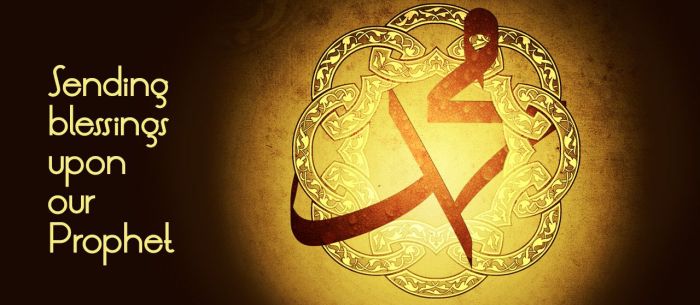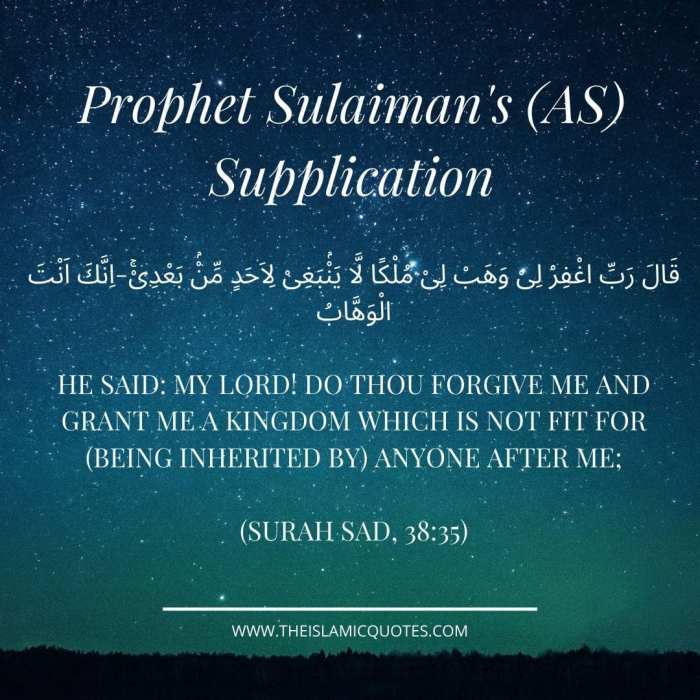The du’a to send blessings upon the Prophet Muhammad (PBUH) is a powerful supplication that holds immense significance in the Islamic tradition. It is a means of expressing love, respect, and gratitude towards the Prophet, who serves as a role model and guide for all Muslims.
This du’a is recited on various occasions, including after prayers, during gatherings, and in times of need or gratitude.
The content of the du’a is rich in meaning and symbolism, conveying messages of peace, blessings, and divine favor. By reciting this du’a, Muslims seek to strengthen their connection with the Prophet, emulate his teachings, and gain spiritual and emotional benefits.
Overview of the Du’a
The du’a to send blessings upon the Prophet Muhammad (PBUH) is a powerful and meaningful supplication recited by Muslims around the world. It holds significant religious and cultural significance, expressing love, respect, and gratitude towards the Prophet Muhammad (PBUH), the final messenger of God.
Historically, the practice of sending blessings upon the Prophet (PBUH) has been an integral part of Islamic tradition. Muslims believe that sending blessings upon the Prophet (PBUH) is a way of acknowledging his role as the chosen messenger of God and expressing their love and devotion to him.
The Content of the Du’a

The traditional Arabic text of the du’a is as follows:
Allahumma salli ala Muhammad wa ala ali Muhammad kama sallaita ala Ibrahim wa ala ali Ibrahim. Innaka hamidun majid.
The English translation of the du’a is:
O Allah, send blessings upon Muhammad and upon the family of Muhammad, as You sent blessings upon Ibrahim and upon the family of Ibrahim. Indeed, You are Praiseworthy and Glorious.
The du’a consists of several key phrases, each with its own meaning and significance:
- Allahumma: O Allah, a direct invocation to God, the Supreme Being.
- Salli: Send blessings, a supplication for divine blessings and favor.
- Ala Muhammad: Upon Muhammad, referring to the Prophet Muhammad (PBUH).
- Wa ala ali Muhammad: And upon the family of Muhammad, extending the blessings to the Prophet’s family.
- Kama sallaita ala Ibrahim: As You sent blessings upon Ibrahim, invoking the blessings sent upon Prophet Ibrahim (Abraham), a revered figure in Islam.
- Innaka hamidun majid: Indeed, You are Praiseworthy and Glorious, expressing gratitude and praise to God.
The Benefits of Reciting the Du’a

Reciting the du’a to send blessings upon the Prophet Muhammad (PBUH) is believed to bring numerous spiritual and emotional benefits:
- Increased love and devotion to the Prophet (PBUH): By reciting the du’a, Muslims express their love and respect for the Prophet Muhammad (PBUH), strengthening their connection with him.
- Divine blessings and favor: It is believed that reciting the du’a invokes divine blessings and favor upon the reciter, bringing peace, happiness, and success in life.
- Intercession on the Day of Judgment: Muslims believe that those who send blessings upon the Prophet (PBUH) will be among those for whom the Prophet (PBUH) will intercede on the Day of Judgment, seeking mercy and forgiveness for them.
The Etiquette of Reciting the Du’a

There is a proper etiquette for reciting the du’a to send blessings upon the Prophet Muhammad (PBUH):
- Recite it frequently: Muslims are encouraged to recite the du’a as often as possible, especially after prayers or when remembering the Prophet (PBUH).
- Sincerity and devotion: The du’a should be recited with sincerity and devotion, with the intention of expressing love and respect for the Prophet (PBUH).
- Proper pronunciation: It is important to pronounce the Arabic words correctly, as mispronunciation may alter the meaning of the du’a.
The Importance of Sending Blessings Upon the Prophet (PBUH): Du’a To Send Blessings Upon The Prophet

Sending blessings upon the Prophet Muhammad (PBUH) holds great religious significance in Islam:
- It is a commandment from God: Muslims believe that sending blessings upon the Prophet (PBUH) is a commandment from God, as mentioned in the Quran and the teachings of the Prophet (PBUH).
- A sign of love and respect: It is a way for Muslims to express their love, respect, and gratitude towards the Prophet (PBUH), who is considered the greatest human being and the final messenger of God.
- Strengthens connection with God: By sending blessings upon the Prophet (PBUH), Muslims strengthen their connection with God, as the Prophet (PBUH) is the chosen messenger and representative of God on Earth.
Common Queries
What is the significance of sending blessings upon the Prophet?
Sending blessings upon the Prophet is a way of showing respect and gratitude towards him and his teachings. It is believed to strengthen one’s connection with God and bring blessings and divine favor.
When is the best time to recite the du’a to send blessings upon the Prophet?
The du’a can be recited at any time, but it is particularly recommended after prayers, during gatherings, and in times of need or gratitude.
What are the benefits of reciting the du’a to send blessings upon the Prophet?
Reciting the du’a can bring spiritual and emotional benefits, such as increased love and respect for the Prophet, a stronger connection with God, and a sense of peace and tranquility.